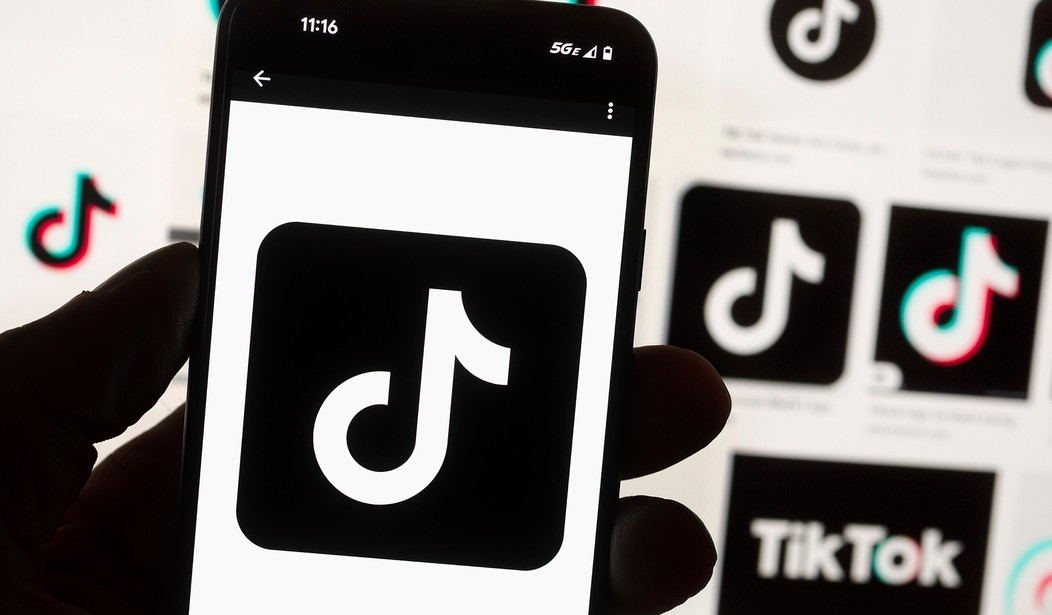The House recently passed a measure that could potentially ban the video-sharing platform TikTok, citing concerns over national security. The debate over whether the app should be banned has been raging since concerns were raised about China’s government using it to collect data on American users.
Now, the Senate is expected to take up the matter, which has prompted speculation about the fate of the app. TikTok is popular among children and younger adults, and conversations about this issue center on national security, freedom of expression, and the bounds of legislative action.
The White House urged the Senate to act quickly on the bill, citing “ongoing efforts to address the threat posed by certain technology services.” During a conversation with reporters, press secretary Karine Jean-Pierre discussed the matter.
The White House on Wednesday urged the Senate to take “swift action” on House-passed legislation that would force TikTok’s Chinese owner to sell the app or see it banned in the U.S.
“We are glad to see this bill move forward,” press secretary Karine Jean-Pierre told reporters aboard Air Force One after the bill passed the House by a vote of 352-65 earlier Wednesday.
“We will look to the Senate to take swift action,” Jean-Pierre added. “As we have said … this bill is important, and we welcome ongoing efforts to address the threat posed by certain technology services operating in the United States that put at risk Americans’ personal information and broader national security, including through the manipulation by foreign powers of Americans’ views and beliefs.”
Jean-Pierre said the White House hopes the Senate “takes action and takes this up very quickly.” The administration will provide “technical support” with the legislation, she said, including to make sure the bill is on strong legal footing.
The bill would compel ByteDance, TikTok’s China-based parent company, to divest itself from the app within five months of the law going into effect. If it fails to do so, the app will be banned from American app stores and web hosting services.
Senate Majority Leader Chuck Schumer (D-NY) said the upper chamber “will review” the House’s bill, but did not commit to bringing it to the floor.
In a joint statement, Sens. Marco Rubio (R-FL) and Mark Warner (D-VA) touted the bill, declaring that they “are united in our concern about the national security threat posed by TikTok,” and expressed concerns about ByteDance, which “remains legally required to do the bidding of the Chinese Communist Party.”
The bill was passed in the House with a 352-65 vote.
Other senators on both sides of the aisle have voiced opposition to the bill. Sen. Rand Paul (R-KY) condemned the “hysteria” surrounding the conversation over TikTok and argued that the bill is “inconsistent” with the First Amendment.
In a post on X, formerly Twitter, Paul characterized the proposed ban as “a misguided overreach” and called it “a draconian measure that stifles free expression, tramples constitutional rights, and disrupts the economic pursuits of millions of Americans.”
In another post, he pointed out that the app’s algorithm is not located in China, but the United States.
At this point, it is not easy to predict how the Senate will vote. It is clear there are several lawmakers on both sides of the aisle who support and oppose the idea of banning TikTok. However, as the Senate debates the bill, it could be more clear how the vote might go.

